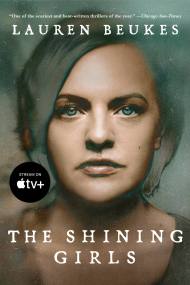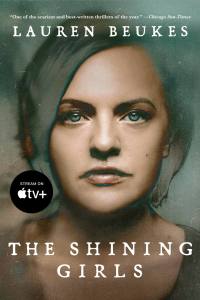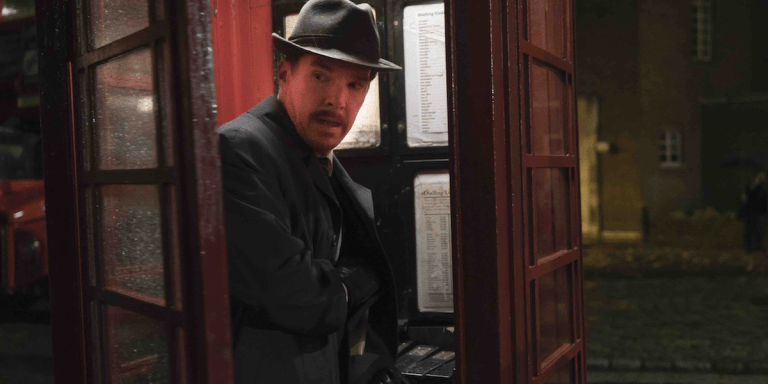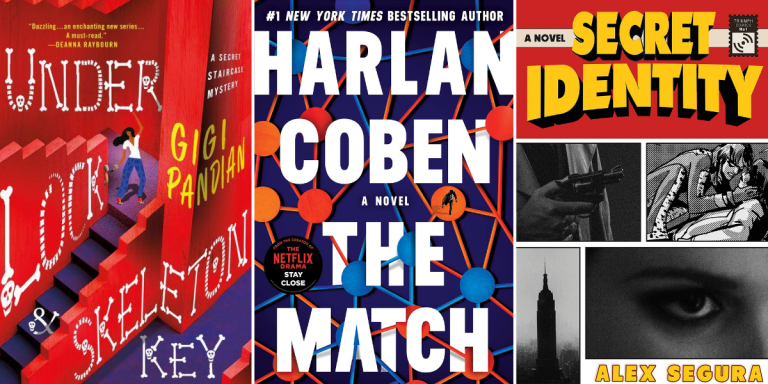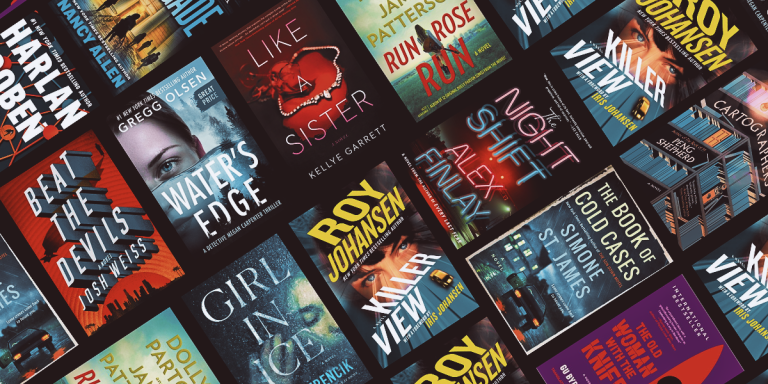Apple TV+’s Shining Girls Is a Loose But Compelling Adaptation of Lauren Beukes’ Novel
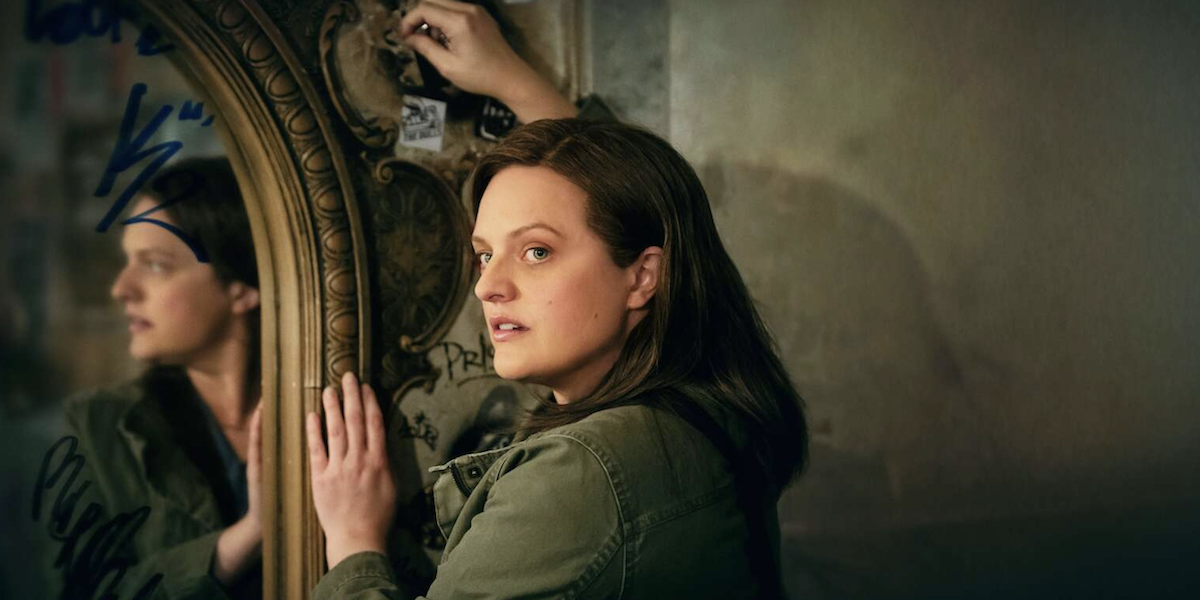 The central hook of Lauren Beukes’ novel The Shining Girls is so enticing that it’s hard to imagine Hollywood producers ever being able to resist it. Who wouldn’t want to bring the story of a time-traveling serial killer to the screen? Beukes delivers a decades-spanning narrative that is both epic and intimate, telling the stories of the various woman targeted by supernaturally aided killer Harper Curtis. One of Harper’s would-be victims, Kirby Mazrachi, survives his initial attack, and she dedicates herself to tracking the man who tried to kill her, to put an end to his mystical killing spree.
The central hook of Lauren Beukes’ novel The Shining Girls is so enticing that it’s hard to imagine Hollywood producers ever being able to resist it. Who wouldn’t want to bring the story of a time-traveling serial killer to the screen? Beukes delivers a decades-spanning narrative that is both epic and intimate, telling the stories of the various woman targeted by supernaturally aided killer Harper Curtis. One of Harper’s would-be victims, Kirby Mazrachi, survives his initial attack, and she dedicates herself to tracking the man who tried to kill her, to put an end to his mystical killing spree.
The eight-episode Apple TV+ adaptation, simply titled Shining Girls, makes some major changes to Beukes’ story while keeping the focus on the battle between Kirby and Harper. It’s less sprawling than the novel, set primarily in 1992, when Kirby (Elisabeth Moss) is working as a researcher at the Chicago Sun-Times and teams up with troubled reporter Dan Velazquez (Wagner Moura) to investigate a murder that she believes is tied to her attacker.
Like the book, Shining Girls isn’t a mystery about who the killer is—Harper (Jamie Bell) shows up in the first scene and is clearly the man responsible for multiple murders. It’s about Kirby and Dan piecing together the clues and hunting down someone who doesn’t have to play by the accepted laws of time and space. The mechanics of Harper’s abilities are different here, although they are still tied to a mysterious supernatural house.
The biggest change that creator Silka Luisa brings to the series is that Harper’s travels through time cause frequent shifts in reality, and Kirby experiences those as sudden changes in her life, which no one else recognizes. One day she’s living with her ex-punk rocker mother (Amy Brenneman), the next day she’s married to Sun-Times photographer Marcus (Chris Chalk). As she works to convince her colleagues and the police that Harper is a genuine threat, her tenuous grip on reality makes her more fragile and seemingly untrustworthy.
Moss gives a typically strong performance, but Kirby is a bit less of a powerful protagonist here than in Beukes’ novel. At the same time, she’s more central to the story, since Luisa doesn’t devote much screen time to Harper’s other victims, aside from a scientist played by Phillipa Soo. The show is less about Harper’s pursuit of various distinctive women and more about his showdowns with Kirby, as the two come face-to-face more often than in the book. Moss anchors the series with her determination and vulnerability, and it turns from a story about the lives of many women into a story about one particular survivor taking back her autonomy.
Bell balances Moss with an intensely creepy turn as Harper, embodying his unsettling confidence and his pathetic reliance on the house’s temperamental paranormal gifts. Moura sometimes seems caught in the middle, and Dan’s own personal problems, including alcoholism and a difficult relationship with his son, are less compelling. Ultimately, Beukes’ story is so inventive and so well-constructed that it’s pretty much impossible to screw up, and even if Shining Girls isn’t quite the TV equivalent of a compulsive page-turner like the novel, it’s still a rewarding binge for both crime and horror fans.
Read the Book
Harper Curtis is a killer who stepped out of the past. Kirby Mazrachi is the girl who was never meant to have a future. Kirby is the last shining girl, one of the bright young women, burning with potential, whose lives Harper is destined to snuff out after he stumbles on a House in Depression-era Chicago that opens on to other times.
At the urging of the House, Harper inserts himself into the lives of these shining girls, waiting for the perfect moment to strike. He's the ultimate hunter, vanishing without a trace into another time after each murder—until one of his victims survives.
Determined to bring her would-be killer to justice, Kirby joins the Chicago Sun-Times to work with the reporter, Dan Velasquez, who covered her case. Soon Kirby finds herself closing in on an impossible truth . . .
By clicking 'Sign Up,' I acknowledge that I have read and agree to Hachette Book Group’s Privacy Policy and Terms of Use
What to Read Next
Josh Bell is a freelance writer and movie/TV critic based in Las Vegas. He’s the former film editor of Las Vegas Weekly and the former TV comedies guide for About.com. He has written about movies, TV, and pop culture for Syfy Wire, Polygon, CBR, Inverse, Crooked Marquee, and more. With comedian Jason Harris, he co-hosts the podcast Awesome Movie Year.
